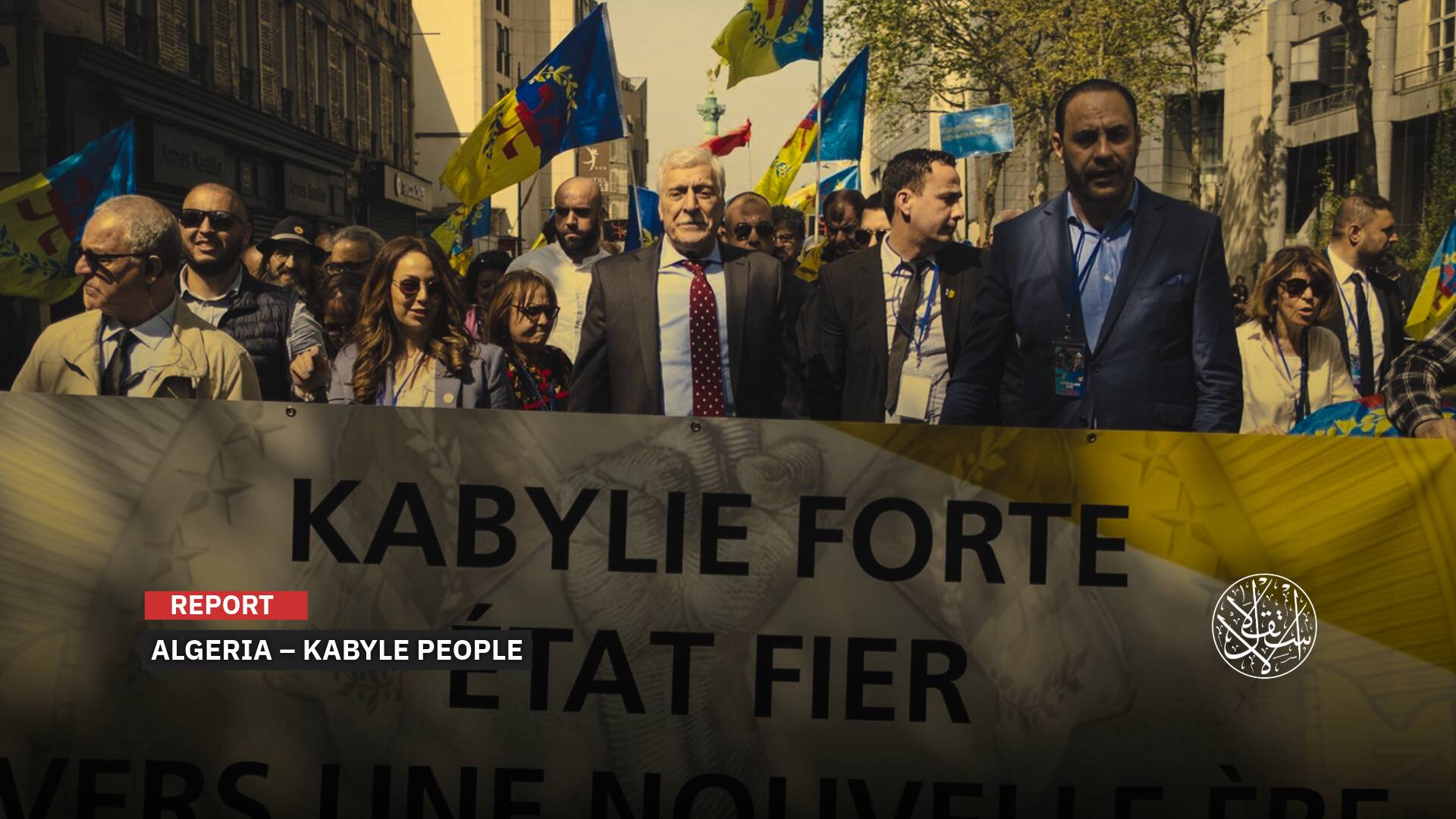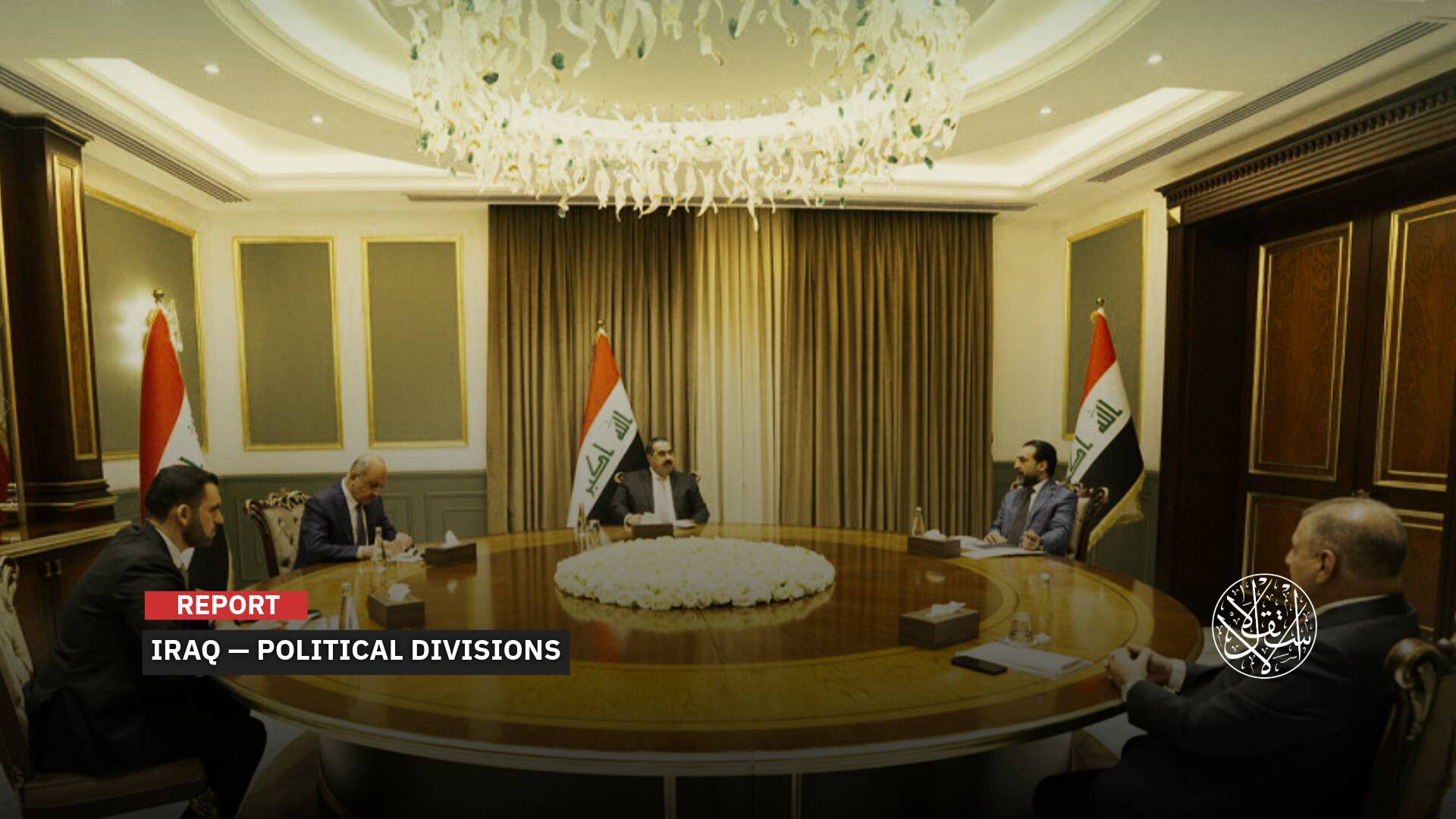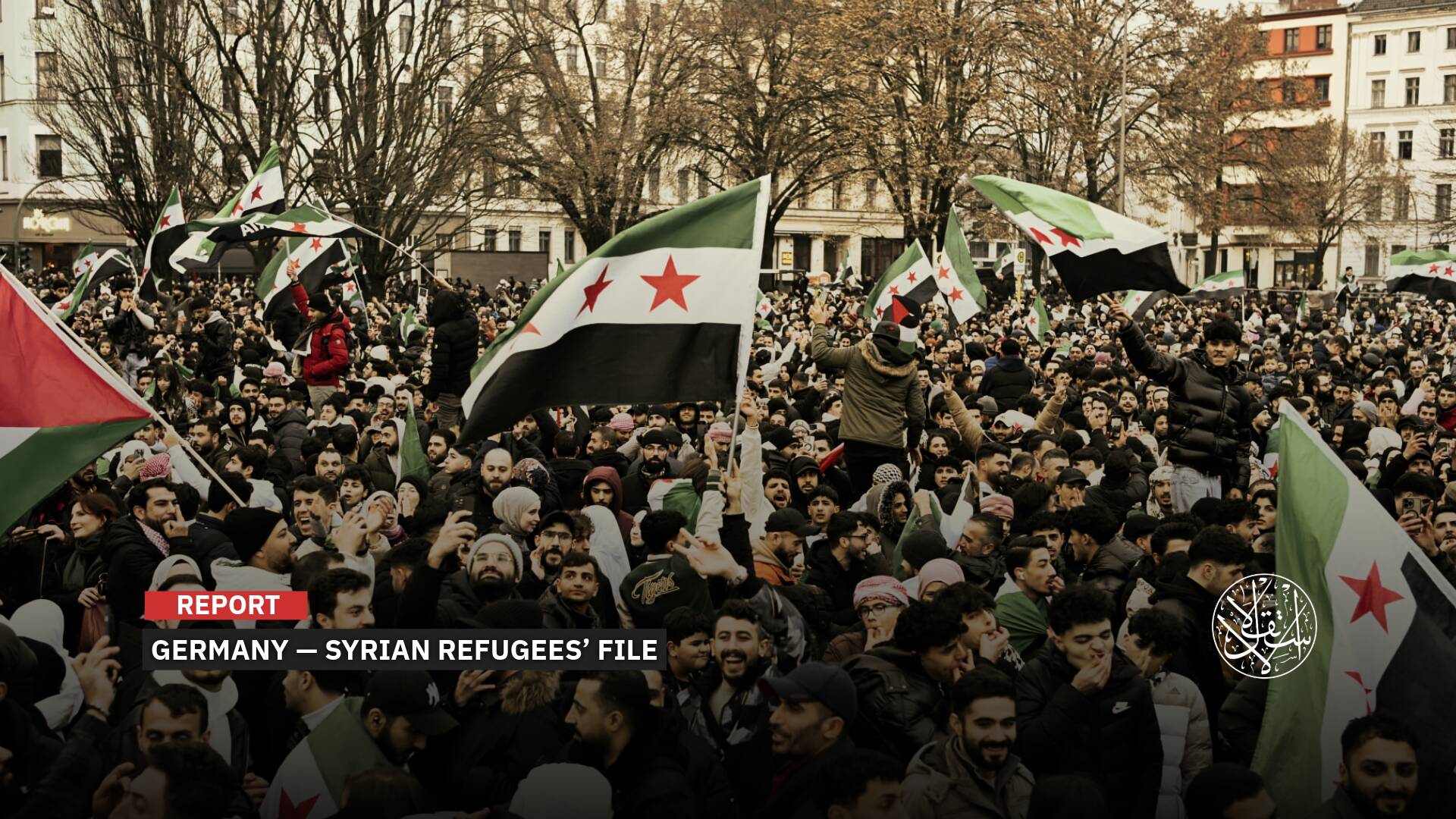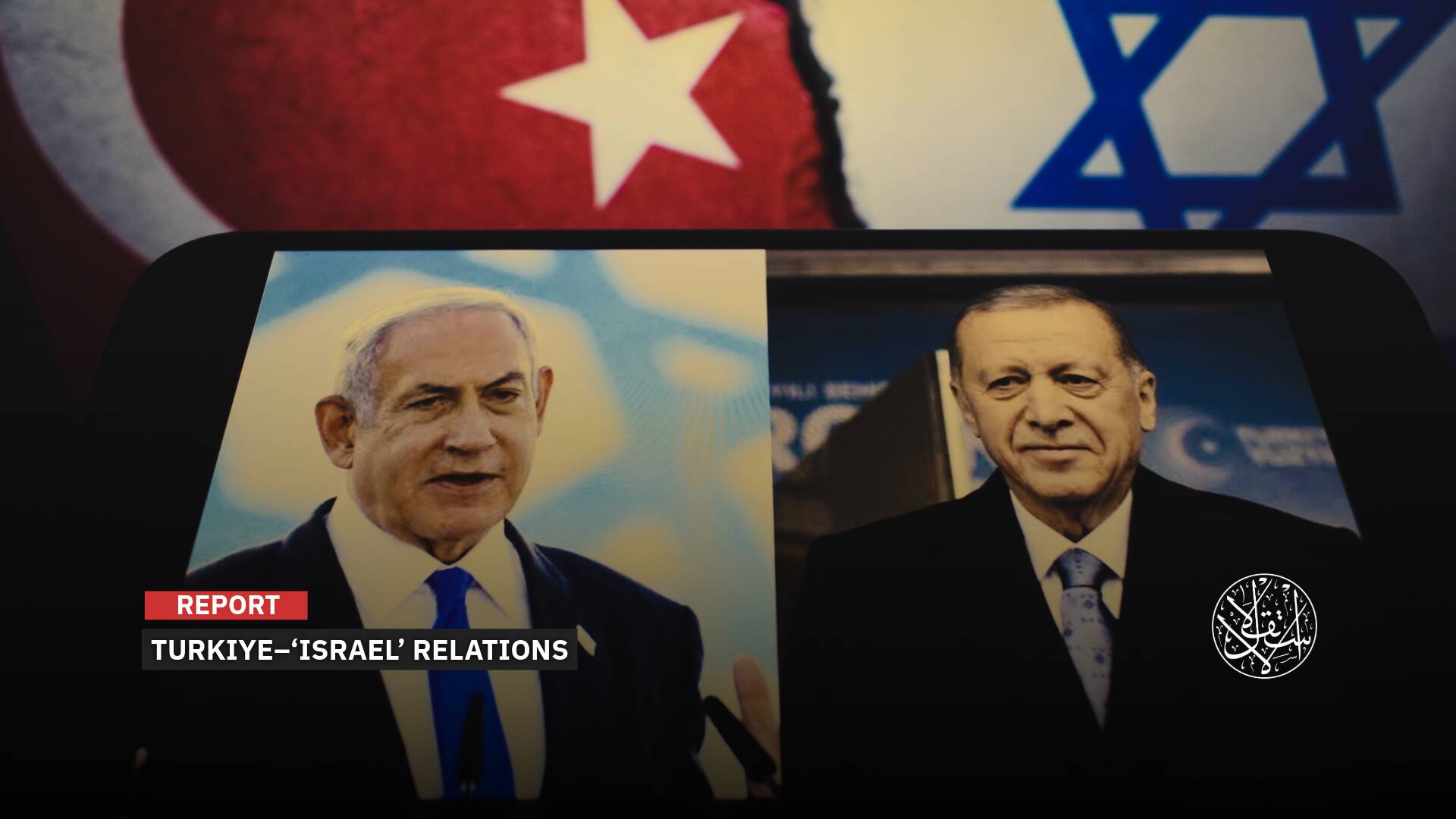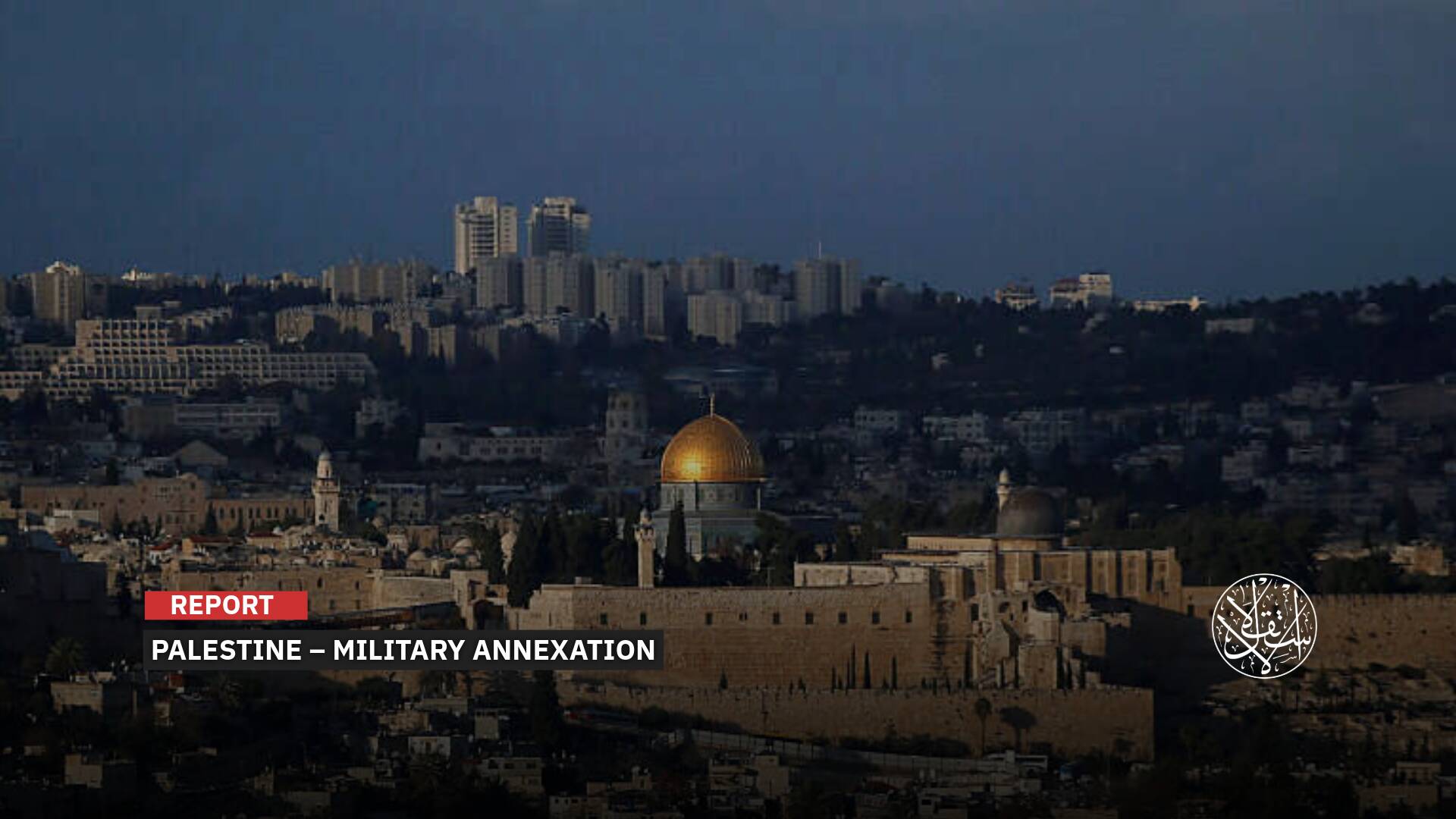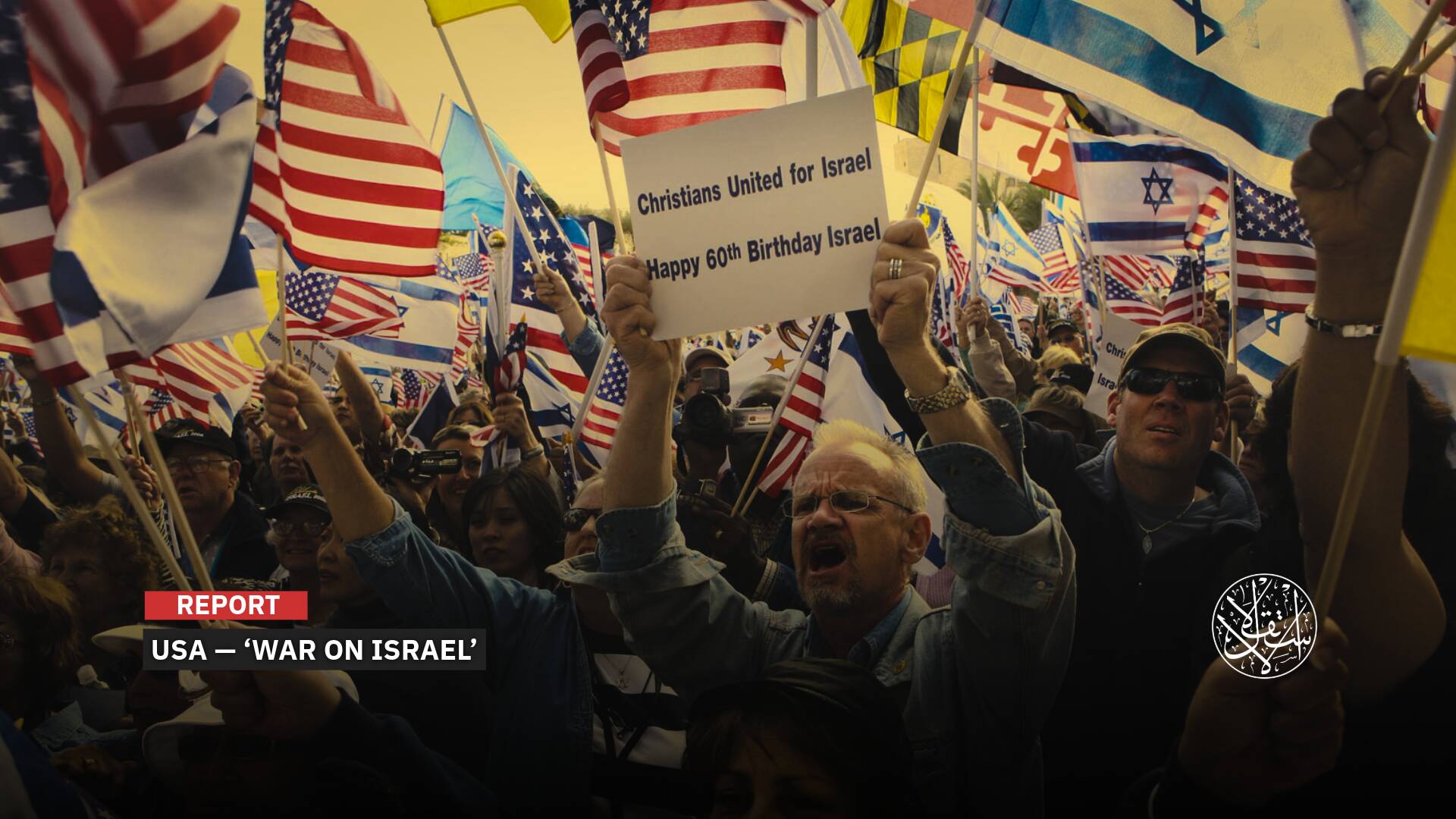What Are the Chances of a New War Between Armenia and Azerbaijan?

Armenia and Azerbaijan are on the brink of another war over the disputed region of Nagorno-Karabakh, as tensions flare up along their border and relations sour between Armenia and its traditional ally, Russia.
The two former Soviet republics have traded fire and accusations in recent days, killing and wounding several soldiers on both sides.
Armenia also announced joint military exercises with the United States next week, a move that Moscow criticized as unhelpful for stability in the Caucasus.
Western Shift
Armenia, a former Soviet republic that has long relied on Russia for its security and defense, is seeking to diversify its alliances and strengthen its ties with the West.
The exercises reflect Armenia’s shift away from Russia and toward the West, as Prime Minister Nikol Pashinyan seeks a new strategic partner after losing a war to Azerbaijan last year.
The war ended with a Russian-brokered ceasefire that left Azerbaijan in control of most of Nagorno-Karabakh, a mountainous enclave that is internationally recognized as part of Azerbaijan but populated by ethnic Armenians.
The ceasefire agreement also allowed for the deployment of Russian peacekeepers in the region but did not address the final status of Nagorno-Karabakh or the return of displaced people.
Some analysts see the current escalation as a way to pressure the international community to revive the stalled negotiations over Nagorno-Karabakh, with the West playing a more prominent role than Russia.
Others warn that the situation could spiral out of control and lead to a new round of violence that could destabilize the whole region.
The Armenian Prime Minister, Nikol Pashinyan, who came to power in 2018 after a popular uprising, has expressed his dissatisfaction with the level of support that his country received from its traditional ally, Russia, during the 44-day war with Azerbaijan last year.
Pashinyan said that Armenia had made a “strategic mistake” by depending on Russia for 99.99 percent of its security needs, including weapons and ammunition.
He said that Russia, which is embroiled in a conflict with Ukraine, was unable to provide Armenia with adequate security assistance. He added that his country was trying to diversify its security strategies and look for new partners.
Casting doubt on the future of Russia’s presence and influence in the South Caucasus region, Pashinyan added that Russia has deployed peacekeeping troops in Nagorno-Karabakh and maintains military bases in Armenia and Georgia, saying that Russia had left the region before and could do so again.
Russia is known for this strategy, as Pashinyan cited the examples of Georgia and Azerbaijan, which had severed their ties with Moscow after gaining independence from the Soviet Union.

Armenia and NATO
A tweet by a European official urging Armenia to join NATO and calling on President Biden to defend the country has sparked a diplomatic row with Russia, which considers Armenia its closest ally in the South Caucasus region.
Gunther Fehlinger, the chairman of the European Commission for NATO Development, a public organization that carries the NATO name but is not affiliated with the alliance, posted the message on X (formerly Twitter) on September 4th.
However, the Armenian Foreign Ministry quickly denied that there was any invitation or intention to join the alliance and said that the country cooperates with NATO in various forms within the framework of partnership.
I am confident Armenia will be excellent NATO Ally pic.twitter.com/Cxcj2jOxsi
— Gunther Fehlinger (@GunterFehlinger) September 10, 2023
That did not stop Russia from reacting angrily to the tweet. Vladimir Dzhabarov, the first deputy chairman of the foreign affairs committee of the Russian Federation Council, warned Armenia against taking any steps in response to the tweet, and described NATO as an “aggressive and absolutely destabilizing structure that is involved in matters that are blatantly Russophobic in nature.”
Armenia is a member of the Collective Security Treaty Organization, a military alliance led by Russia, and the Eurasian Economic Union, a trade bloc that also includes Russia.
It is unlikely that Pashinyan would seriously consider joining NATO, as such a move would provoke a conflict with Russia, which still holds significant influence and leverage over Armenia.
Armenia is also geographically isolated, landlocked by Russia and its allies Iran and Azerbaijan, and its enemies Turkiye and Georgia. It relies on Russia for security and economic assistance, especially after losing most of Nagorno-Karabakh to Azerbaijan in the 2020 war.
However, Pashinyan may be trying to seek new allies and balance his relations with the West, especially after feeling betrayed by Russia’s lack of support during the war.
He may also hope to gain more international recognition and mediation for Nagorno-Karabakh, where ethnic Armenians still live under precarious conditions.
Despite the peace agreements signed last year with Russian mediation, the region remains highly volatile and prone to renewed violence.

Azerbaijan’s Hegemony
Azerbaijan has been pressing for full integration of Nagorno-Karabakh into its state system without granting any autonomy or self-rule to its Armenian residents.
Such demands leave little room for compromise or dialogue and undermine the efforts of other international actors, such as the United States, to find a lasting solution to the conflict.
Azerbaijan’s uncompromising stance on the disputed region of Nagorno-Karabakh stems partly from its recent military victory, which reclaimed much of the land it had lost to Armenia in the 1990s.
But it also reflects the devastation that Azerbaijan found in those areas, where Armenian forces had razed cities and villages, leaving them uninhabitable and littered with mines.
This has delayed the return of hundreds of thousands of displaced Azerbaijanis, who now face a daunting task of reconstruction.
Armenia, meanwhile, cannot ignore the humanitarian crisis in Nagorno-Karabakh, which has been cut off from the world by Azerbaijan since last December. The conditions in the region, where about 120,000 ethnic Armenians live, have deteriorated sharply, raising fears for their rights and security.
The conflict over Nagorno-Karabakh, a mountainous enclave that is internationally recognized as part of Azerbaijan but has been controlled by ethnic Armenians since a war in the early 1990s, has been one of the most intractable in the former Soviet Union.
Despite international mediation efforts, the two sides have repeatedly resorted to force and ethnic cleansing to assert their claims over the territory.
The latest war, which broke out in September 2020 and lasted for six weeks, ended with a Russian-brokered ceasefire that gave Azerbaijan significant territorial gains and left Armenia humiliated and weakened.
The agreement also deployed Russian peacekeepers to Nagorno-Karabakh and opened up new transport links between Azerbaijan and its exclave of Nakhchivan, which is separated from the rest of the country by Armenia.
But the peace deal did not address the underlying issues of the conflict, such as the final status of Nagorno-Karabakh and the fate of its Armenian population. Since then, tensions have flared up again despite frequent diplomatic contacts between the leaders of Armenia and Azerbaijan.
Azerbaijan’s President Ilham Aliyev has insisted on his conditions for a lasting settlement, which includes Armenia’s recognition of Azerbaijan’s territorial integrity and sovereignty over Nagorno-Karabakh. He has also refused to allow any international observers or humanitarian aid to enter the region, accusing Armenia of using them as a cover for smuggling weapons and fighters.
Armenia’s Prime Minister Nikol Pashinyan, who faces strong domestic opposition for signing the ceasefire agreement, has tried to make some concessions to Azerbaijan. He has acknowledged its sovereignty over Nagorno-Karabakh and agreed to demarcate the border between the two countries. But he has also demanded international guarantees for the rights and security of the Karabakh Armenians, who fear being driven out by Azerbaijan.
The international community, led by the European Union and the United States, has urged both sides to refrain from violence and resume negotiations under the auspices of the Minsk Group, a mediation body co-chaired by France, Russia, and the United States. But so far, these efforts have yielded little progress, as both sides remain entrenched in their positions.
The irony is that despite the escalating tensions over Nagorno-Karabakh, Armenia and Azerbaijan have never been closer to resolving some of their other disputes. But without a political solution to the core issue of the conflict, the risk of a new war remains high. And this time, it could be even more destructive and suicidal than before.


